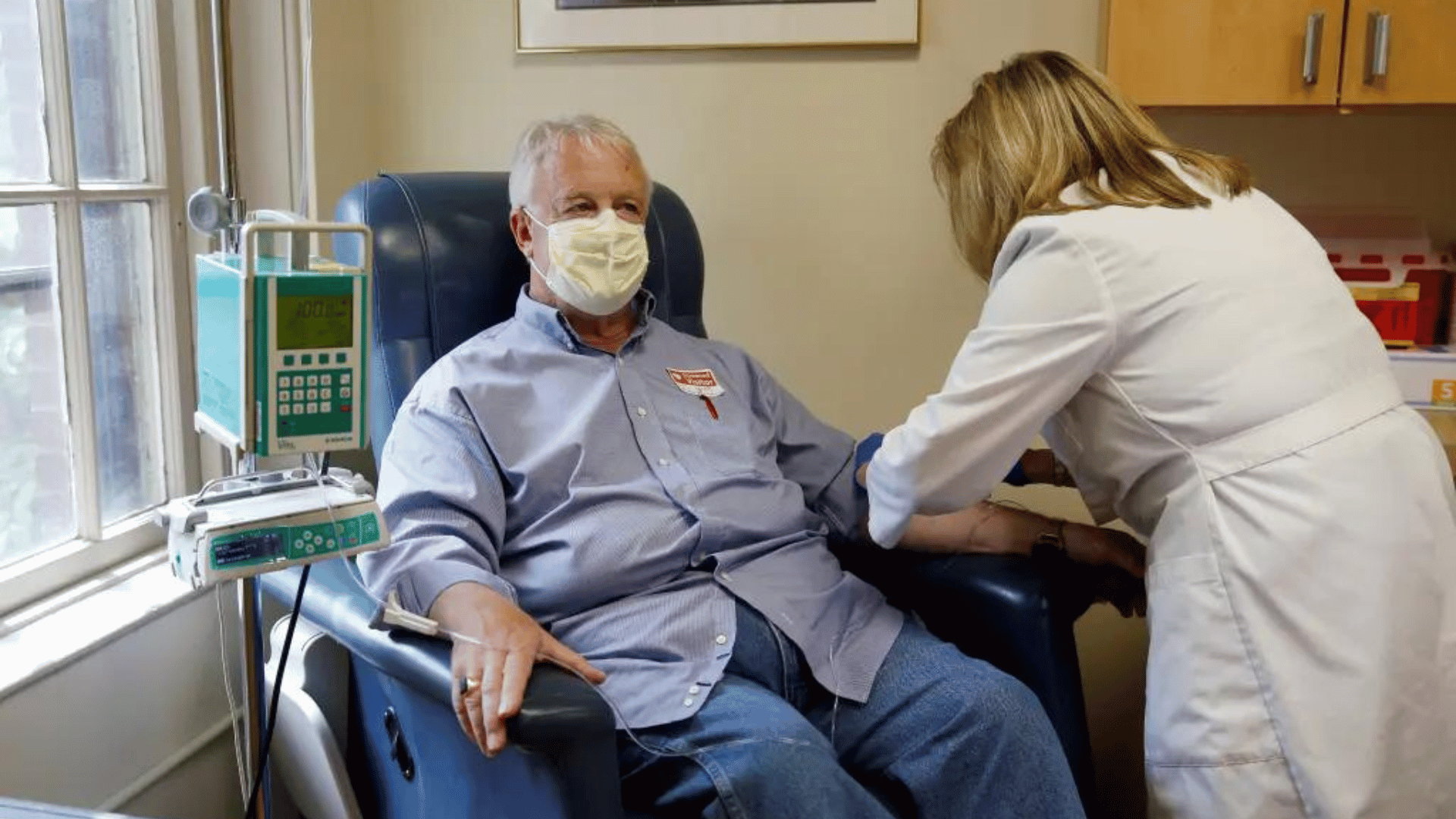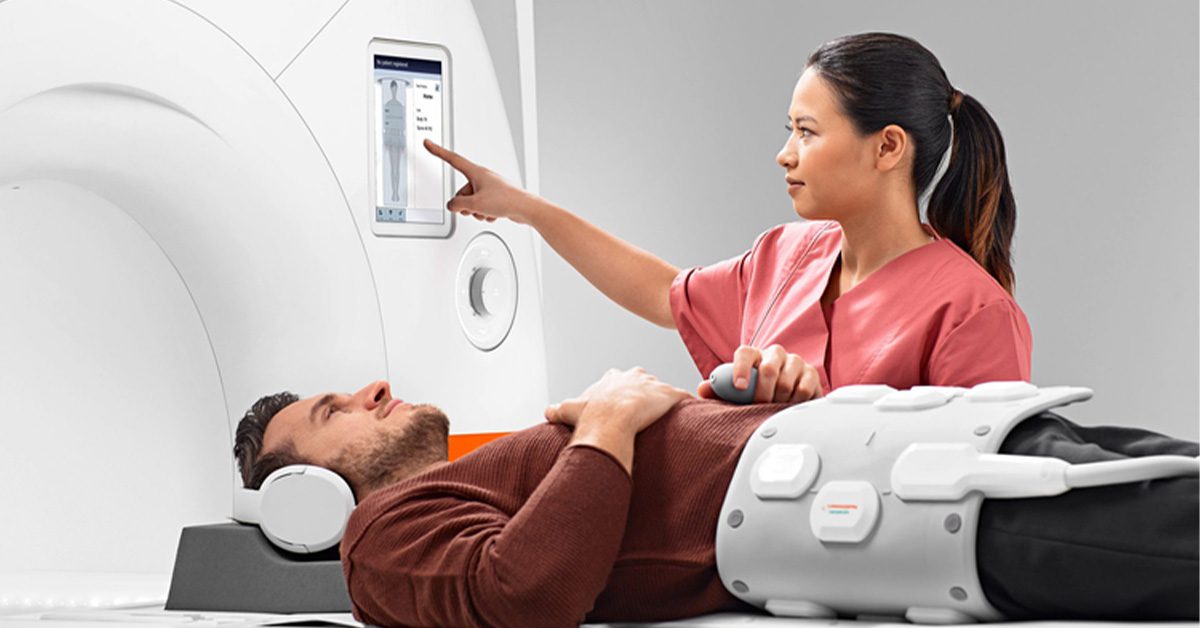Breakthrough research shows that a simple blood test can flag symptoms of Alzheimer’s Disease up to 15 years in advance.

Neurological scientists from Sweden’s University of Gothenburg have discovered how to easily test for the residue protein known as phosphorylated Tau 217 (pTau 217), which is commonly associated with the disease known as phosphorylated Tau 217 (pTau 217).
These proteins in the blood indicate biological changes taking place during Alzheimer’s disease. Identifying them could allow doctors to identify patients as likely, intermediate, or unlikely to have Alzheimer’s Disease and potentially rule out the need for more invasive tests.
Called an assay, the testing procedure was created by the company ALZpath and offers a less costly and comparatively painless alternative to spinal taps for finding insights into a person’s risk of the disease.
Explore Tomorrow's World from your inbox
Get the latest science, technology, and sustainability content delivered to your inbox.
I understand that by providing my email address, I agree to receive emails from Tomorrow's World Today. I understand that I may opt out of receiving such communications at any time.
“ALZpath’s pTau217 test can help healthcare providers determine the presence of amyloid plaques in the brain — a hallmark of Alzheimer’s disease,” said Dr. Andreas Jeromin, the chief scientific officer of ALZpath.
Three independent clinical studies of 786 patients showed that ALZpath delivers “high diagnostic accuracy” in the identification of AD-inducing proteins within the brain such as amyloid plaques.

“This is an instrumental finding in blood-based biomarkers for Alzheimer’s, paving the way for the clinical use of the ALZpath pTau 217 assay,” researchers Kaj Blennow and Henrik Zetterberg stated in a release, adding that the “robust” assay is already in use in various labs around the world.
The company is working toward the assay becoming commercially available and has reported that the price will be between $200 and $500.
“What was impressive with these results is that the blood test was just as accurate as advanced testing like cerebrospinal fluid tests and brain scans at showing Alzheimer’s disease pathology in the brain,” stated lead author Nicholas Ashton. “Now we are close to these tests being prime-time and this study shows that.”







